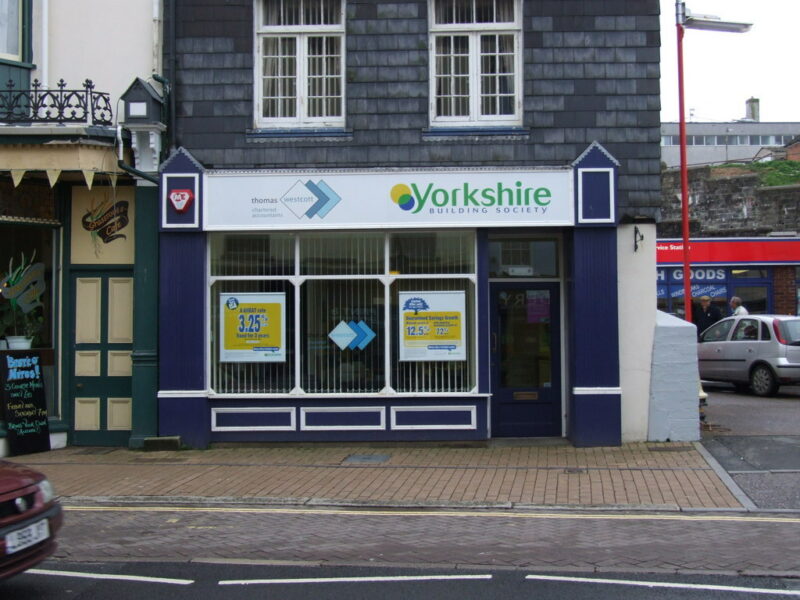17 June 2014
Yorkshire Building Society were warned about their investment plans. They didn’t listen

A few years ago, I was asked to speak at the Building Societies Association’s annual conference, where I gave a presentation about my disappointment that so many building societies were selling awful investment products – which sounded much safer than they were.
Most of the offending products were put together by Credit Suisse – and while I was less surprised that an investment bank might be caught up in the business of trying to tell customers that black was white, I couldn’t understand why building societies would want to be a part of this. After all, building societies are owned by their customers. Why would they be trying to sell them awful products?
The technical name for the investments they were selling were “structured deposits”, but they tended to be sold to the customer with names such as “The capital guaranteed stockmarket plan”.
One of the biggest sellers of the Credit Suisse plans was Yorkshire Building Society, whose product promised maximum returns of around 60% or 70% over five or six years. What YBS wasn’t so quick to tell you was that the chances of achieving these returns was practically zero.
Mission impossible
To get the maximum return on the YBS/Credit Suisse product, the stockmarket needed to rise for 12 consecutive six month periods – something that has never happened, and probably never will.
Although you’d get all your capital back – plus a small return – even if the stockmarket didn’t perform a miracle, your money wouldn’t keep pace with inflation.
As you can imagine, the product literature always focused on the maximum returns, and left the warnings to the small print.
Although it’s taken a long time to come to its conclusion, I was glad to see that the Financial Conduct Authority fined both Credit Suisse and Yorkshire Building Society yesterday. Even after I had published research proving that their product was awful, YBS continued to sell it.
And back at the Building Societies Association conference four years ago, the chair of the panel (a chief executive of a small building society that was also selling these products) almost punched me at the drinks reception that evening – as he was so angry about my attack on the sector.
More fines to come?
There were a number of smaller building societies who were selling these plans - Saffron, Stroud & Swindon, Leeds, Principality and Cambridge - and if they do not end up with their own fines, then they should count themselves lucky.
I suppose there are two important lessons to take away from the whole episode. Investment products are rarely suitable to be mass marketed to consumers – especially complex derivative-based products such as these. If structured deposits are going to be sold at all, then banks and building societies need to make the risks crystal clear, and must also be honest about the chances of any “maximum return” ever being achieved.
Secondly, the building societies sector still has some cleaning up to do. The last few years was the building society sector’s chance to take the lead – their opportunity to seize the moral high ground due to their ownership structure, and win customers over with a back to basics banking proposition. Instead, we’ve see mutuals caught up in scandals just as toxic as the shareholder owned banks. Indeed in this case, we even had building societies getting into bed with investment banks.
It’s still not too late for mutuals to seize their advantage, but their credibility is slipping away. Let’s hope that today’s latest FCA fine acts as the necessary wake up call.

